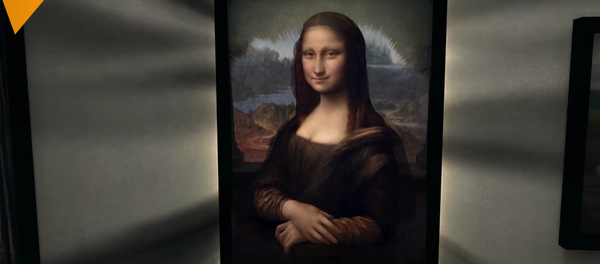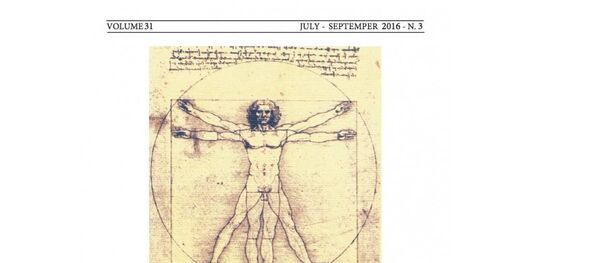Most of the population of the planet is familiar the painting and the enigmatic smile. Some observers claim that the Mona Lisa's sweet smile becomes a sneer if one looks at her long enough, while others believe that the smile is hollow and sad.
The team out of the University of Freiburg sought to study how the human brain perceives visual cues like facial expressions, and they used the world's most famous painting as a test. Researchers created eight replicas of the Mona Lisa: four progressively happier and four progressively sadder. They then presented the eight copies, along with the original, to test subjects, asking them to rank each as happy or sad. The experiment involved a dozen test subjects, each asked to rank the photos 30 times.
To the shock of the neuroscientists, a full 97 percent of responses perceived Da Vinci's original painting as happy. Researchers were expecting a more ambiguous and mixed response, based on the painting's reputation.
The second phase of the experiment was similar, but instead presented the subjects with the original painting and eight "sadder" versions. Once again, the participants broadly identified the original painting as happy but the other eight were "perceived a little sadder" than in the first experiment.
The results suggest that human brains do not have "an absolute fixed scale of happiness and sadness," instead comparing what is recently seen. "Our brain manages to very, very quickly scan the field. We notice the total range, and then we adapt our estimates," said study co-author Jürgen Kornmeier.
Another interesting find from the experiment, according to Kornmeier, finds participants identifying happiness quicker than sadness. To the researcher, it suggests a "preference" for positive emotions over negative ones. Kornmeier said that he intends to repeat the experiment on those with mental disorders, to see how an ailment affects one's ability to identity emotions.
But as for the age-old question of whether Mona Lisa is happy, Kornmeier claims that the issue has been resolved. "There may be some ambiguity in another aspect," said Kornmeier, but "not ambiguity in the sense of happy versus sad."




